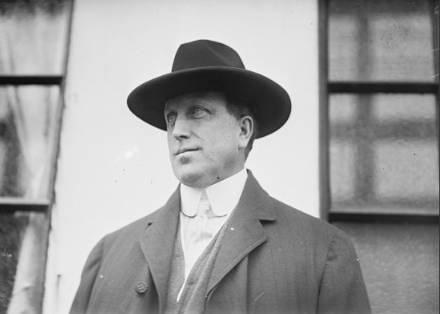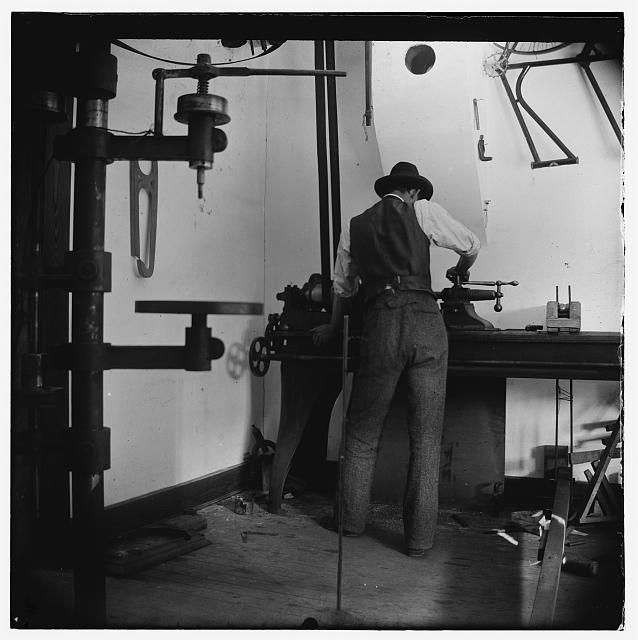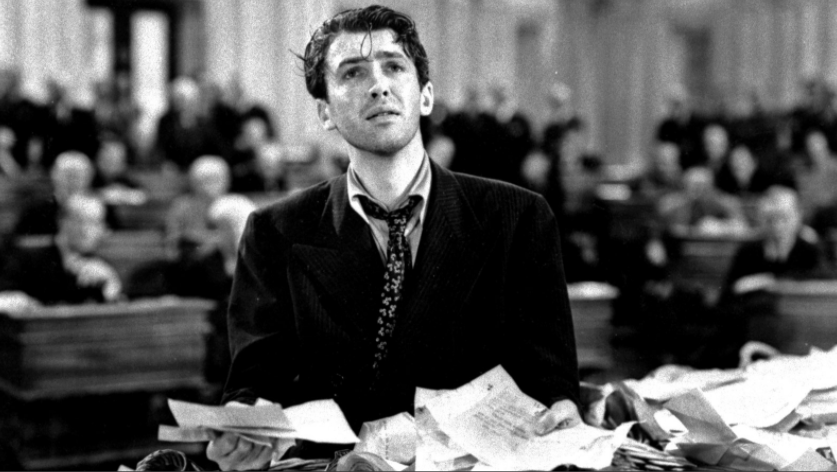
An excerpt from our newsletter:
"William Randolph Hearst gets his start.
No successful son likes to hear that their achievements were made possible by acts of their father.
"William Randolph Hearst gets his start.
No successful son likes to hear that their achievements were made possible by acts of their father.

" The inflated ego that comes from massive wealth and power makes such a self-acknowledgment difficult for even the best of men. 

"It surely must have been a difficult truth for William Randolph Hearst; yet his publishing empire and even his ‘Hearst Castle’ all began with acquisitions made by his father, a wealthy miner and Cali. Senator, who had started life as a Missouri farm boy with no formal education. 

"The California gold rush was George Hearst’s break-through moment. Having developed an interest in mining and pursued self-study, George left Missouri for California in 1850 to prospect for gold. He was thirty years old. 

"George worked in California as a prospector for ten years, supplementing his income with farming and operating a general store while sending money home to Missouri to support his widowed mother. 

"When silver was later discovered in Utah, George set up a mining company there that soon expanded to include silver mines in Nevada and New Mexico, a gold mine in South Dakota, a copper mine in Montana and a silver mine in Peru. 

"In 1865, George bought a 49,000 acre Mexican land grant in San Luis Obispo, California, along with several adjoining tracts. This land would later become the site of his son’s “Hearst Castle.” 

"George’s company became the largest private mining company in America and he became one of the nation’s richest men. 

"In 1880, when a friend confessed his inability to pay a poker debt, George accepted ownership of the failing San Francisco Examiner. When William was expelled from Harvard for bad behavior seven years later and was looking for a career, George gave the Examiner to him.
[Harvard]
[Harvard]

"William was twenty-four; and he charged into remaking the Examiner, changing it from an evening to a morning paper and giving it the motto “Monarch of the Dailies.” 

"He moved the Examiner from a nondescript building in San Francisco to a new, purpose-built structure located on a prominent corner of downtown San Francisco and filled it with state-of-the-art publishing equipment. 

"William hired the man who had started the first American newspaper in Paris as the Examiner’s managing editor and hired the best writers of the time to write articles for the Examiner: local writer Jack London; Mark Twain; and political cartoonist Homer Davenport. 

"William hired foreign correspondents, provided in-depth coverage of juicy scandals in his signature “yellow journalism” style and beat the drums of nationalism with brash support of the Spanish-American War.
It worked.
It worked.

"The Examiner became a financial success and William’s publishing empire was launched.
William’s talents are undeniable; but so is his lavish use of his father’s money.
William’s talents are undeniable; but so is his lavish use of his father’s money.

"Would William have attained lofty heights if it had been he who had started out as a Missouri farm boy?
This is the type of question that haunts all successful sons of successful fathers."
/fin
--> look.substack.com
This is the type of question that haunts all successful sons of successful fathers."
/fin
--> look.substack.com

• • •
Missing some Tweet in this thread? You can try to
force a refresh






















